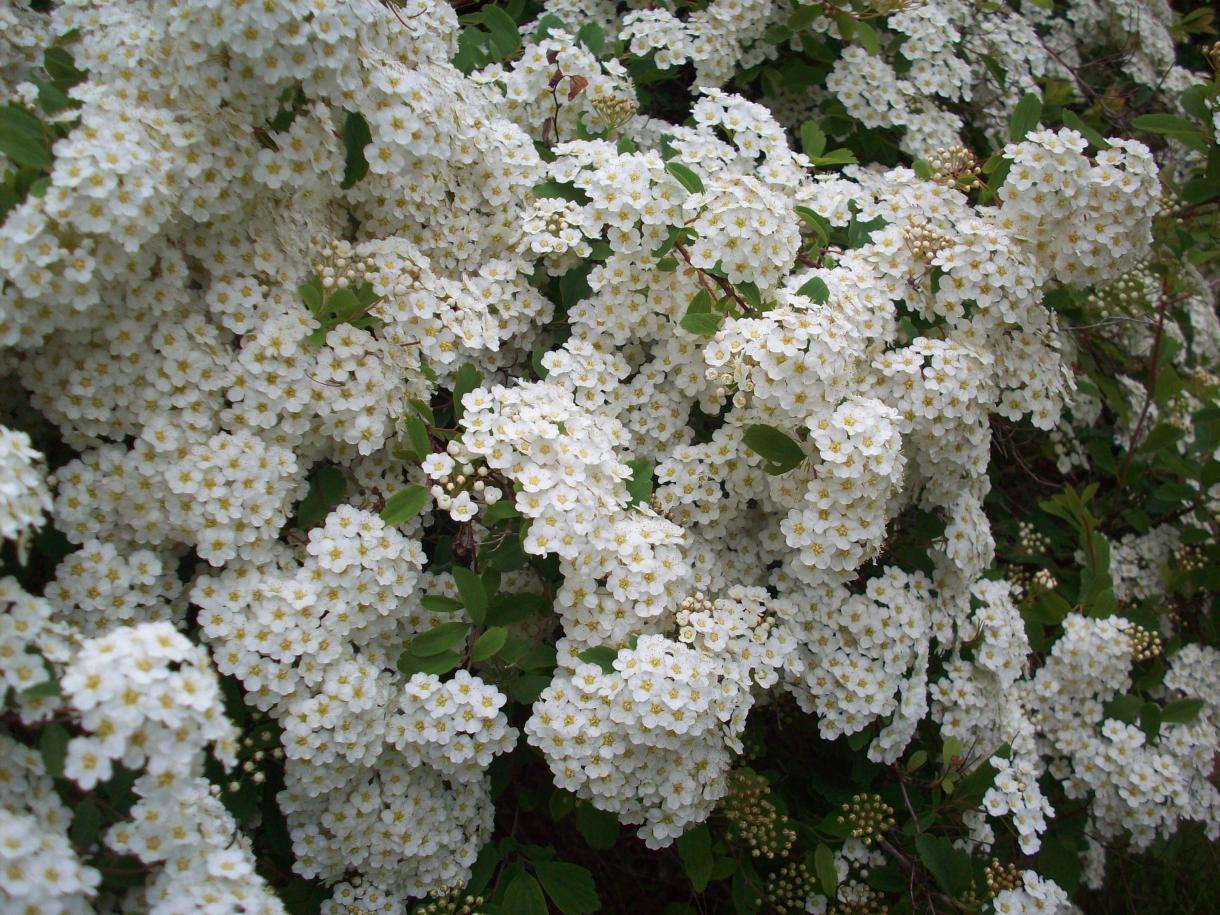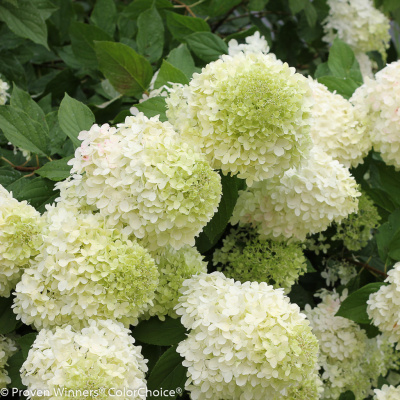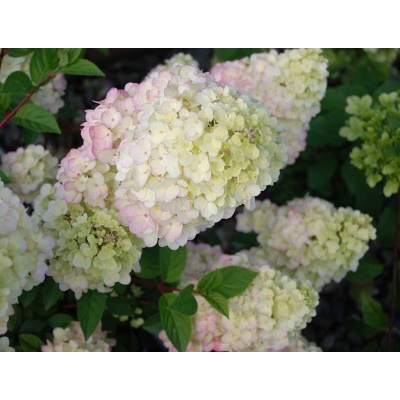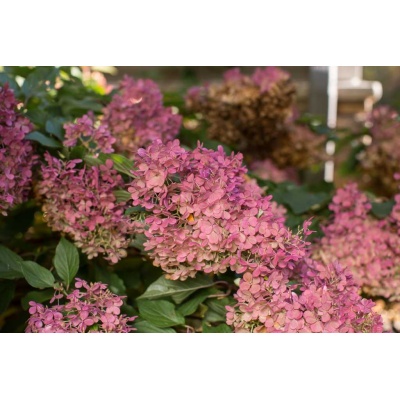Description
 Renaissance Spirea
Renaissance Spirea
Spiraea x vanhouttei ‘Renaissance’
This graceful shrub features a massive display of pure white flowers and colorful orange-red fall color. Very attractive as a specimen plant or in mass plantings. Deciduous.
A medium sized vase-shaped shrub with ascending branches becoming rounded. Clusters of white flowers cover stems in spring. Foliage is blue green and disease resistant.
Mature Size (generic)
SHRUB (6-10′)
Foliage Color
Bluish Green
Fall Color
Dramatic
Features
Showy Flowers, Attracts Songbirds, Attracts Butterflies
Flowering Season
Spring
Growth Rate
Fast
Light Needs
Partial Shade, Filtered Sun, Partial Sun, Full Sun
USDA Hardiness Zone
4, 5, 6, 7
Water Needs
Moderate
Mature Height
6-7 ft.
Mature Width
6-8 ft.
Name
Renaissance Bridalwreath Spirea
Flower Color Group
White




Reviews
There are no reviews yet.